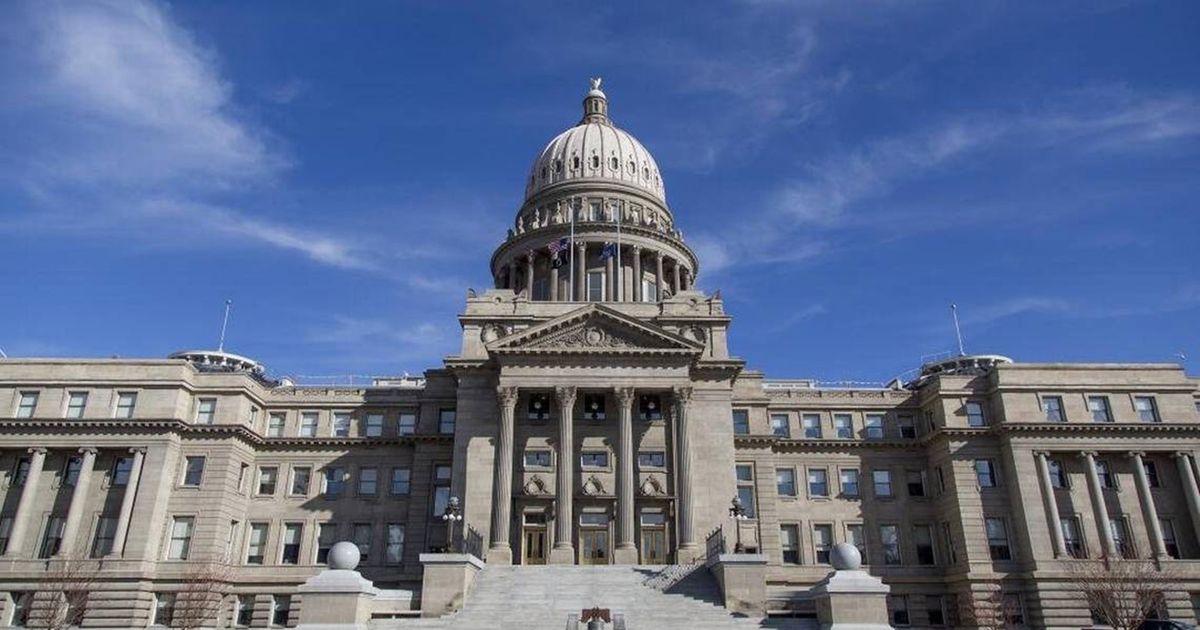As part of a journalism class I teach at Boise State University, one chapter is dedicated to law and ethics.
In that chapter, we talk about “shield laws,” which are laws meant to protect journalists from being subpoenaed in criminal or civil cases to reveal confidential sources or disclose otherwise unpublished information, including notes or interview recordings.
The idea behind a shield law is to protect the activity of newsgathering and to ensure the freedom of the press, a freedom that the Founding Fathers recognized as so important to the republic that they put it in the very first amendment to the Constitution.
Every semester, I tell my students that Idaho is one of just 10 states that doesn’t have a shield law enshrined in law.
This semester will be different.
Idaho Gov. Brad Little last Thursday signed House Bill 158, a media source shield law, which passed both the House and the Senate unanimously.
(Editor’s note: Washington state’s press shield law was enacted in 2007 after receiving nearly unanimous support in its Legislature. A bipartisan, federal version was blocked in December by Senate Republicans at the urging of President Donald Trump.)
I have to admit that the Press Club for years has had trepidation about suggesting a shield law because there are a lot of Idaho legislators who are not friendly and even outright hostile to the media, and the idea that they would pass something to help journalists and sources seemed far-fetched.
But a few things came together this session.
First, you might note that the bill is a “media source shield law,” emphasis on “source.” I think a lot of legislators recognized that the bill protects sources who wish to remain anonymous, that a judge can’t compel a journalist to disclose an anonymous source. And some legislators saw that as being in their self-interest, as many of them have been anonymous sources themselves.
I’m on the Idaho Press Club board and am the chairman of the club’s First Amendment Committee. Idaho Press Club president Melissa Davlin and I had been working with Don Day of BoiseDev to push back against a subpoena BoiseDev had received in a lawsuit. We co-wrote a letter to the judge urging him to deny the subpoena.
I know Don will never let me forget this, but at one point I suggested that getting held in contempt of court and going to jail would be good publicity for BoiseDev.
Fortunately, it didn’t come to that.
But at the same time, Press Club member Nate Sunderland of East Idaho News let us know that they’ve been subpoenaed a few times, and it was a major problem.
I can’t tell you how many times we said, “We really need a shield law in Idaho.”
Sunderland ended up writing about East Idaho News’ experience of getting dragged into the middle of a defamation lawsuit when it was served a subpoena that demanded the website turn over all of its notes, drafts and communication related to a news article, as well as all recordings made with one of the subjects in the case.
To their tremendous credit, Reps. Barbara Ehardt and Marco Erickson, both R-Idaho Falls, read Nate’s column and got involved.
Ehardt and Erickson worked with Davlin to bring forward the shield law in very short order.
I wasn’t sure what the chances of passage were, but I was blown away when it passed both chambers unanimously.
Just the threat of being subpoenaed can be a scary thing, and actually being subpoenaed, even if you prevail, takes a toll financially, mentally, and in terms of time and resources.
It takes away from the real work journalists should be performing, and bad actors could subpoena journalists they don’t like.
A huge thank you to Ehardt and Erickson, Davlin and the Idaho Press Club’s lobbyist, Ken Burgess, for working on this and making Idaho the 41st state to have a shield law on the books.
I can’t wait to tell my students all about it.
Scott McIntosh is the opinion editor of The Idaho Statesman.
(Except for the headline, this story has not been edited by PostX News and is published from a syndicated feed.)

